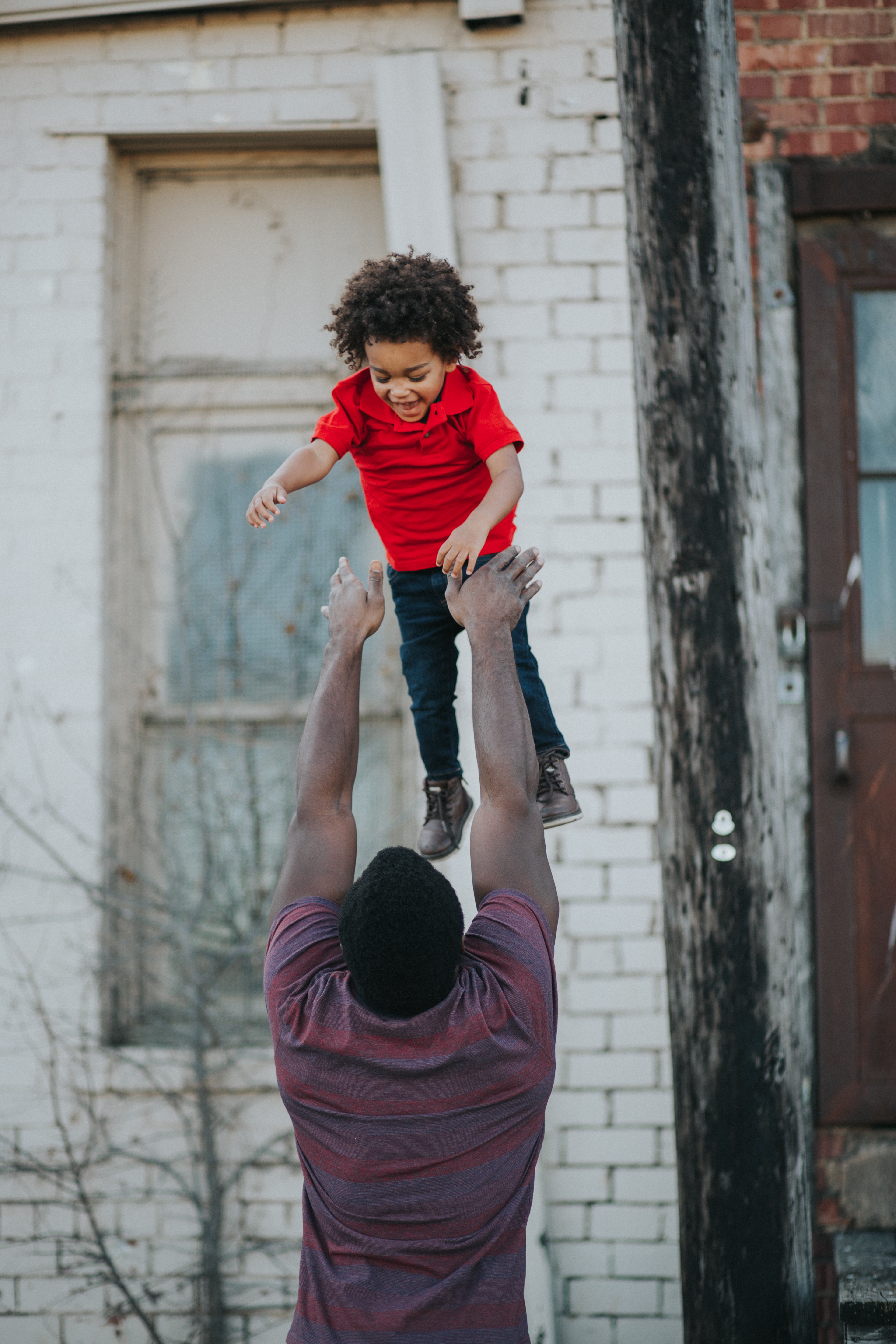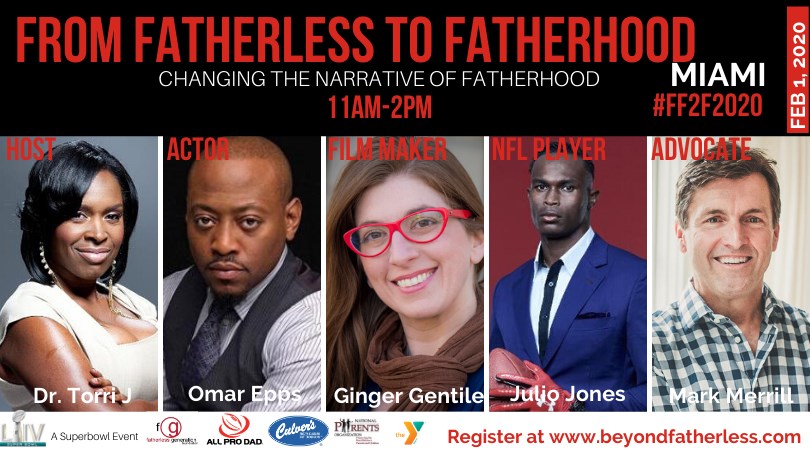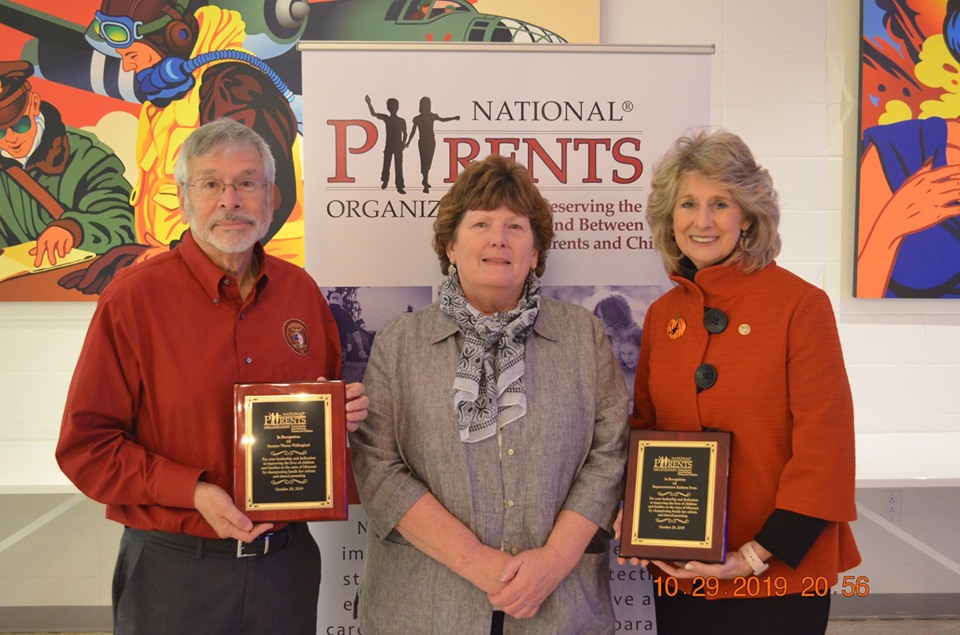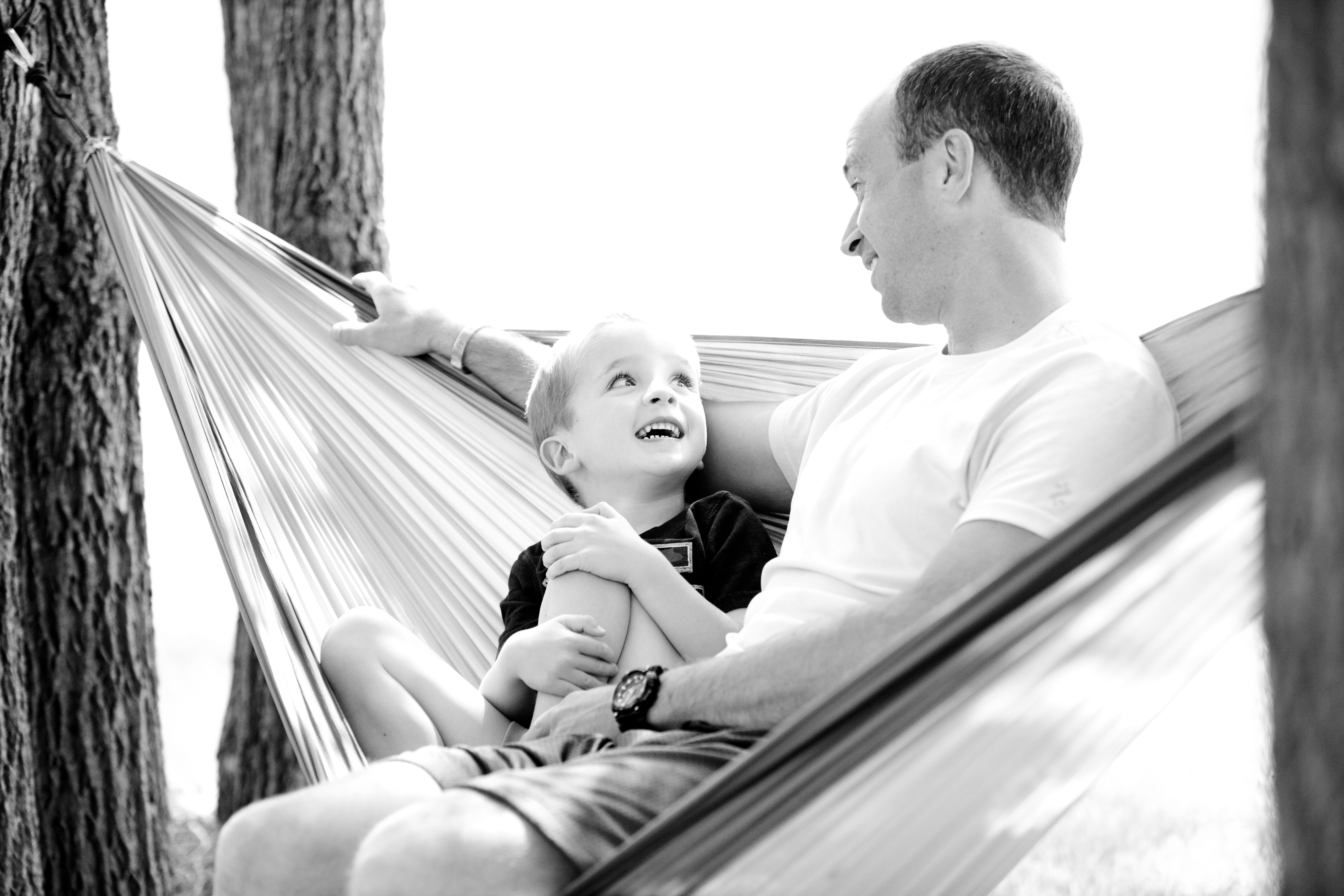
January 17, 2020 by Robert Franklin, JD, Member, National Board of Directors
A British Columbia psychologist has been disciplined (sort of) for her role in a contentious child custody case (CBC, 1/14/20). Dr. Cindy Hardy committed multiple ethical violations that resulted in the child’s father being prohibited from seeing his son for over a year.
The origins of the case are obscure and none of the family members have been named either in the linked-to article or the findings of Dr. Lynn Zutter, panel chair of the Health Professions Review Board. Suffice it to say however, that, from this far remove, it appears as if Hardy actively participated in a campaign of parental alienation on behalf of the mother against the father. It further appears that, despite being found to have committed ethical violations, neither the College of Psychology of British Columbia nor the HPRB punished her behavior in any meaningful way.
In ways unexplained, the custody and parenting time matters were, in early 2016, being heard simultaneously in two courts, one in Alberta and the other in British Columbia. The child’s mother retained Dr. Hardy to assess the child, informing her that he feared spending time with his father. Hardy had little or no experience conducting forensic psychological evaluations, but did so anyway. She did so without a word to the father and indeed, throughout the entire case made no effort to contact him. Needless to say, she failed to obtain his informed consent to evaluate his son, a clear violation of professional ethics.
But it seems that Hardy was more interested in assisting the mother than in scrupulous compliance with ethics. Her initial approach to assessing the child was to have him complete the Behavior Assessment System for Children, Third (BASC-3). That’s a very standard way to begin, but, remarkably, she allowed the child to take the assessment tool home and complete it there under the watchful eye of his mother.
So situated, the child answered one question to the effect that he had contemplated self-harm. Hardy interpreted that to mean that he did so because of his concern about going to spend time with his father. There was nothing to make that connection but the mother’s say-so, but Hardy made it anyway. Later, when the child re-took the BASC-3 and answered the same question the opposite way (i.e. that he didn’t contemplate self-harm), Hardy announced that the results of the tests were invalid and couldn’t be used to assess the child.
None of that stopped her from stating in writing to the Alberta court that the child did intend self-harm if he were required to spend time with his father. She later claimed, this time to the B.C. court, that the self-harm she predicted would be a suicide attempt, an allegation for which there was literally no factual support.
Now, the judge in Alberta was so unimpressed with Hardy’s performance that, on reading her reports in court, she picked up the phone and called her. Judge Karen Jordan demanded to know why Hardy had failed, over the course of at least two months, to contact the father and get (a) his informed consent and (b) his side of the story. She had no satisfactory reply. Judge Jordan wanted to know the nature of the risk Hardy predicted for the child and was told “Well, I’m not sure.” Quoting Lynn Zutter,
The court held that [Hardy’s] conclusions and recommendations were “of no value to the Court because they predetermine the issue. You cannot arrive at a valid finding about a child’s distress in the absence of half of the information.”
Judge Jordan went on to remark that she was considering reporting Hardy’s astonishing behavior to her professional organization, i.e. the College of Psychology of British Columbia. Whether she did so remains unclear.
A matter of days later, Hardy appeared in court in the B.C. case, reiterating her opinions that had been so disdainfully rejected by the Alberta judge and upping the ante to include claims of possible suicide by the child. Based on that, the judge issued an order that the child be kept in British Columbia and have no contact with his father. That order, issued in April of 2016, remained in effect until July, 2017.
In case Hardy’s frank bias in the case wasn’t clear enough, she soon made it absolutely crystalline. When the mother’s partner emailed Hardy to let her know about the B.C. judge’s order, she emailed back, “Hallelujah! I’m very happy to hear this news. Thank you for updating me. Please convey my best wishes to [the child and mother].” An impartial observer, she was not.
But this appears to me to be more than simply another case of anti-father/pro-mother bias on the part of the mental health professionals who are so often involved in family court. From the outside looking in, this seems like a case of parental alienation on the part of the mother, alienation that went entirely ignored by Hardy.
After all, Mom unilaterally decided to involve a mental health professional. She told her that the child was extremely nervous about visiting his father. Hardy was nothing if not agreeable to corroborating those claims and excluding the possibility of finding facts that contradicted Mom’s narrative. She did so assiduously.
But what if Mom were alienating the child, as she appears to have been? In that case, the boy’s trepidations about visiting Dad would have been perfectly natural. At nine years of age, he surely understood that he was supposed to fear his father and that successful visits to his father would contradict his mother’s preferred narrative. That would put him in the untenable position of deciding who to love and who was right, his mother or his own experiences of his father.
Indeed, it’s one of the worst aspects of parental alienation that the child is forced into a terribly confusing situation. He’s required to choose between parents despite the fact that he loves both. And he’s forced to believe a narrative (the targeted parent is uncaring/violent, etc.) that his own experience contradicts.
What child, placed in such a position, wouldn’t have been upset?
After over a year, father and son were finally reunited and now see each other free of the blandishments of Cindy Hardy. Did the boy harm himself on returning to his father? He did not. Hardy’s claims turned out to be false. Is anyone surprised?
But, as with so many of these cases, the fact that father and son are now permitted contact is hardly a happy ending. Dad spent ruinous amounts of money attempting to defend the scurrilous allegations against him. And of course he lost over a year of contact with his son.
And Hardy? Yes, she was disciplined by her professional organization, but how? She was forced to write a letter of apology to the father and is now prohibited from taking forensic family law cases, cases she’d all but never taken before. In other words, her punishment is no punishment at all. As the father pointed out,
“There are really no consequences for her actions. A limitation in regard to something she rarely practises does not affect her,” he said.
Very true.
In family courts, the anti-father/pro-mother bias that’s so often been noted and bemoaned by lawyers and litigants alike doesn’t stop with judges. Too often, the mental health professionals on whom they rely exhibit bias that’s as bad or worse than anything judges have to offer. And that goes to show that we’ll never improve children’s outcomes in divorce cases until we educate those in charge about the value to children of spending equal time with their fathers and their mothers.

















